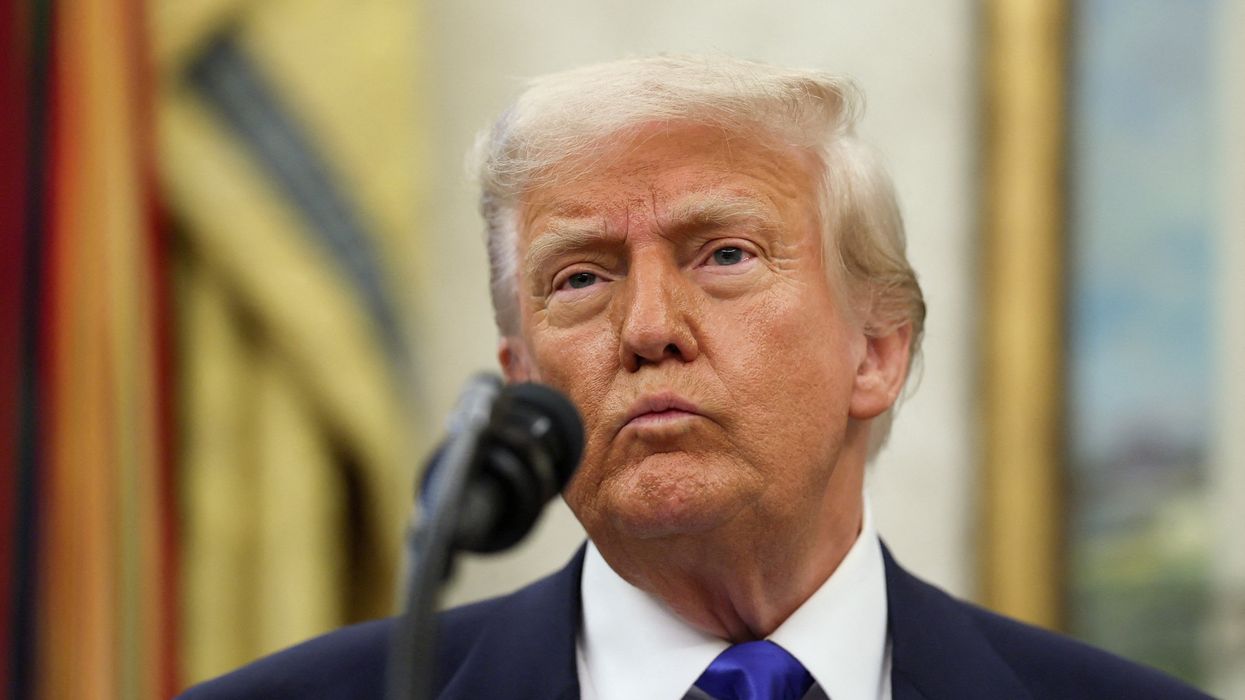If the House of Representatives' version of H.R. 1 ("The One Big Beautiful Bill Act") passes and becomes law, hundreds of rural hospitals may shut down permanently. And now, one group of senators is naming 338 hospitals across the U.S. that could close.
Recently, four Democratic U.S. senators wrote a letter to President Donald Trump, House Speaker Mike Johnson (R-La.) and Senate Majority Leader John Thune (R-S.D.) outlining their concerns over what would happen if the Medicare and Medicaid cuts in H.R. 1 are implemented. Sens. Ed Markey (D-Mass.), Jeff Merkley (D-Ore.) and Ron Wyden (D-Ore.), along with Senate Minority Leader Chuck Schumer (D-N.Y.) pointed out that rural hospitals that depend on Medicaid and Medicare payments would no longer be able to serve their respective communities should the legislation pass.
"[T]hese cuts will have devastating consequences for health outcomes and costs, jobs and the economic success of rural communities," they wrote. "... Enacting these drastic health care cuts that will kick millions of people off their health insurance coverage, rural hospitals will not get paid for the services they are required by law to provide to patients. In turn, rural hospitals will face deeper financial strain that could lead to negative health outcomes for the communities they serve."
READ MORE: 'Take that bill down': GOP rep promises to tank Trump's bill after Senate makes big change
The four Senate Democrats cited data by the University of North Carolina's Sheps Center for Health Services Research that named 338 specific rural hospitals that could end up closing their doors permanently under the House version of H.R. 1. And they argued that their claims weren't overstated, telling Trump, Johnson and Thune that there were 50 fewer hospitals in 2023 compared to 2017 (the year Trump's initial tax cuts were signed into law), causing additional economic harm to various communities.
"Faced with additional cuts to their revenue, many rural hospitals may be forced to stop providing certain services, including obstetric, mental health, and emergency room care, may have to convert to clinics or standalone emergency centers or close altogether," the senators wrote in the letter. "Rural hospitals are often the largest employers in rural communities, and when a rural hospital closes or scales back its services, communities are not only forced to grapple with losing access to health care, but also with job loss and the resulting financial insecurity."
It isn't just Senate Democrats who are concerned about rural hospitals closing: Earlier this month, Sen. Shelley Moore Capito (R-W.Va.) openly expressed her concerns about the fate of hospitals in her largely rural state. And along with the seven West Virginia hospitals that may shut down, senators identified another 331 hospitals in 45 other states at the end of their letter that the Sheps Center identified as being among the most financially vulnerable due to their primary clientele consisting of Medicaid patients. The number of hospitals in each state that could close number anywhere from one (Arkansas, Connecticut, Delaware, Florida, Massachusetts and New Hampshire) to as much as 35 in Kentucky alone. The Sheps Center also identified 33 hospitals in Louisiana that were particularly at risk.
"Addressing the crisis in rural health care access is a national, bipartisan priority, and it should be bipartisan to not worsen it," they wrote. "However, if your party passes these health care cuts into law, Americans in rural communities across the country risk losing health care services and jobs supported by their local hospitals."
READ MORE: 'It wasn't a drunk tweet': ABC journalist fired for criticizing top Trump aide speaks out
Click here to read the senators' letter and see the names of the hospitals at risk of shutting down.


